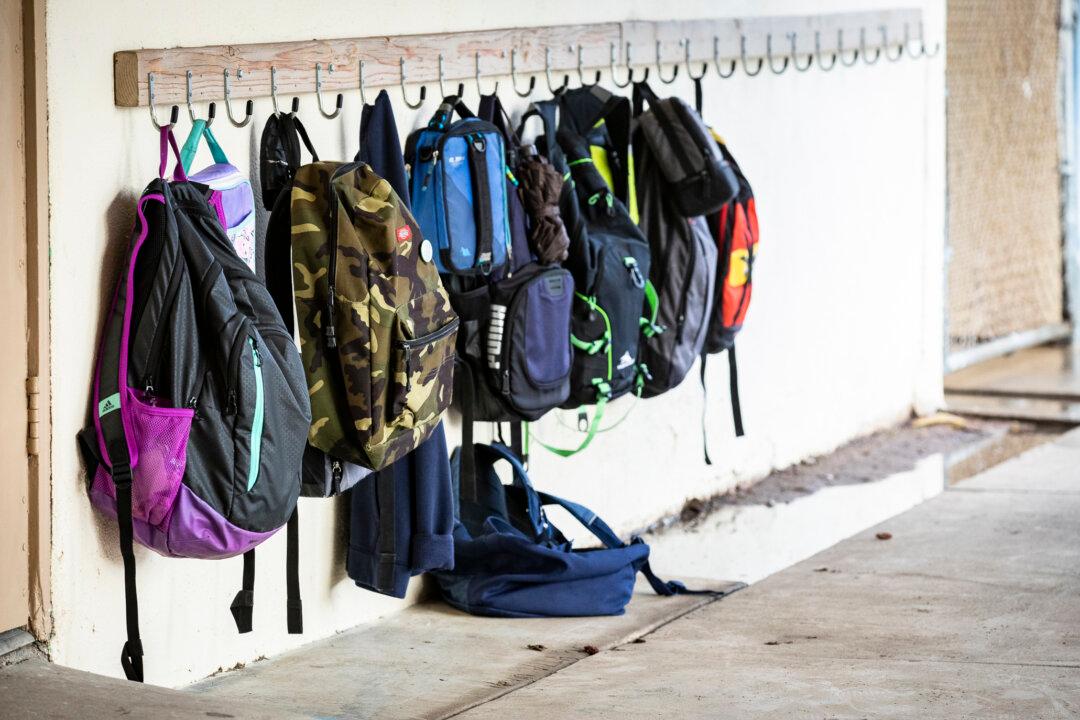A webcast of high-level California educators discussing how to teach critical race theory (CRT) has raised the ire of parents, teachers, and organizations who’ve been told since early summer 2021 that CRT isn’t being taught in K–12 schools.
The three-hour webcast, called “Demystifying Critical Race Theory: Teaching Critical Race Theory in K-12 Classrooms” created by a group known as the Liberated Ethnic Studies Model Curriculum (LESMC) Coalition, was live-streamed on YouTube on Nov. 20, 2021. The coalition is composed of 18 core advisers and has about 70 members.





